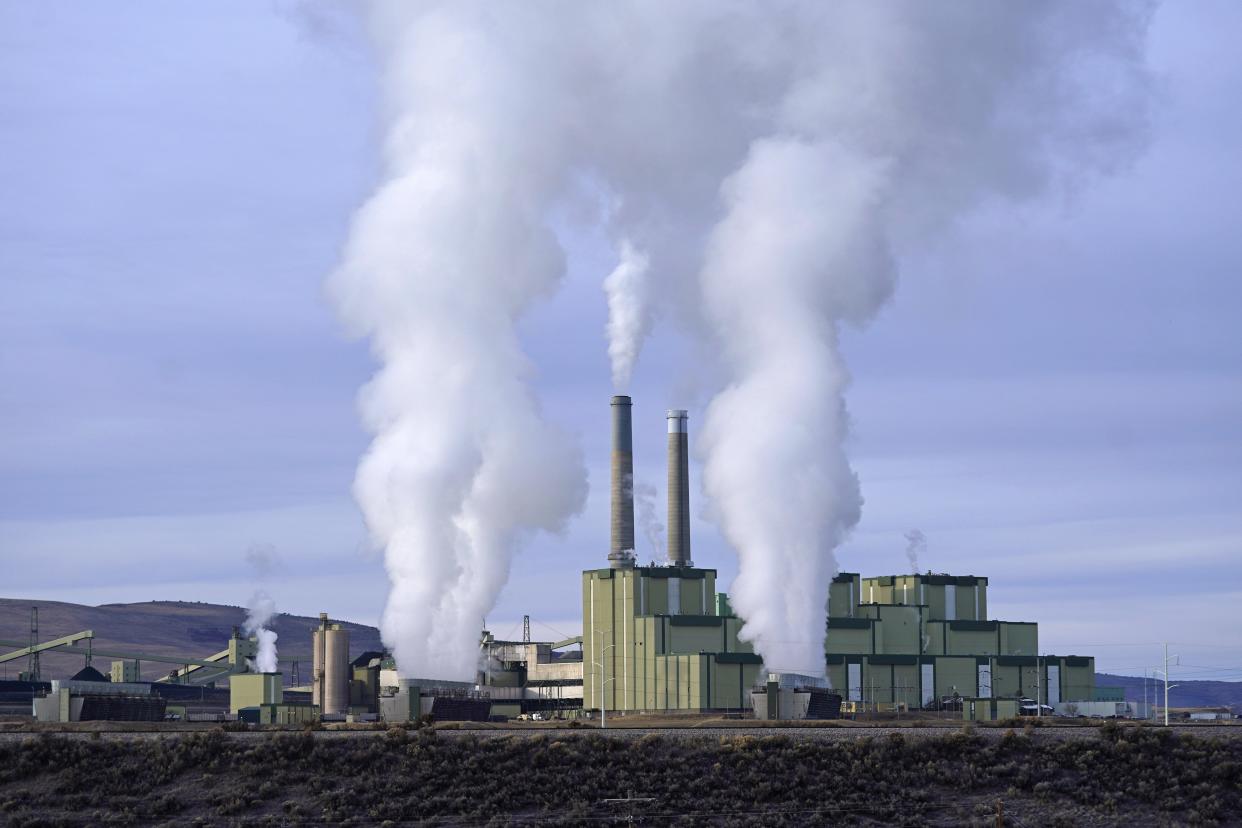Opinion: The Supreme Court’s devastating blow to the planet

The U.S. Supreme Court dealt a devastating blow to the federal government’s ability to prevent catastrophic climate disruption. In a 6-3 vote along familiar ideological lines, the court's majority held that the U.S. Environmental Protection Agency (EPA) lacked the authority to take effective action to reduce greenhouse gas emissions from coal-fired power plants, which are responsible for one-quarter of all U.S. climate-related emissions.
Because technology for removing carbon dioxide from the pollution of existing power plants had not been adequately demonstrated, the Clean Power Plan that the EPA wrote during the Obama administration looked “beyond the fenceline” for things that utility companies could do to limit those emissions. Among other things, utilities could engage in “generation shifting” to shift load from coal-fired plants to low-emitting gas-fired plants that they owned. Alternatively, they could build non-emitting solar arrays or wind farms or purchase renewable power from other facilities.
Before the Obama administration’s plan went into effect, the Trump administration repealed it and issued its own “Affordable Clean Energy” plan in early July 2019. The agency took the position that the Clean Air Act precluded the EPA from regulating beyond the fenceline. The Trump guidelines therefore limited the states’ toolbox to seven modest efficiency-enhancing measures and allowed states to apply other factors to soften their requirements.
In a challenge to the Trump administration’s plan, the Supreme Court held on June 30 that the EPA’s claim that the Clean Air Act authorized it to require generation shifting violated the so-called “major questions doctrine.” Under that doctrine, which the Supreme Court invented in 2002, reviewing courts must be skeptical of a federal agency’s claim that it has the power to take actions with “vast economic and political significance.” Unless the agency can point to “clear congressional authorization” for such an action, the court must throw it out.
The Supreme Court’s action is wrong-headed for several reasons.
First, there was no need for the court to take up the case in the first place. The Biden administration had announced that EPA would be revisiting the Trump administration guidelines to make them more protective. The court’s officious intervention forecloses that beneficial initiative.
Second, the court’s cramped interpretation of the Clean Air Act to exclude generation shifting, a practice that utility companies have been using for decades to reduce costs, is contrary to both the language and the spirit of the statute.
Third, the court’s invocation of the obscure “major questions” doctrine to demand that Congress speak more directly to the question of greenhouse gas regulation represents an arrogation of power to the judiciary that is inconsistent with the constitutional principle of separation of powers.
Congress has often used broad language to delegate power to agencies to enable them to protect citizens from corporate malfeasance as circumstances and technologies change and companies figure out ways to avoid previously issued regulations. The court’s insistence that Congress focus with laser-like precision on every conceivable issue that may come up in the distant future will make it far more difficult for Congress to enact protective legislation.
Fourth, this arrogant exercise of judicial power leaves the EPA powerless to address the largest stationary sources of greenhouse gas emissions in a meaningful way, just as emissions from coal-fired power plants are increasing after many years of decrease. We have already fallen far behind the schedule we need to be on to avoid the climate disruption that we are witnessing every day as wildfires consume millions of acres of public lands and lakes throughout the West dry up. Now we must wait for Congress to come up with empowering language that will meet the Court’s hyper-exacting requirements. But that will not happen so long as the Republican Party controls enough Senate votes to threaten a filibuster.
The court’s holding is a big win for the coal industry, but a huge loss for the American public.
McGarity is a professor of environmental law at the University of Texas School of Law and a board member at the Center for Progressive Reform. His book Demolition Agenda was recently published by The New Press.
This article originally appeared on Austin American-Statesman: Opinion: The Supreme Court’s devastating blow to the planet

